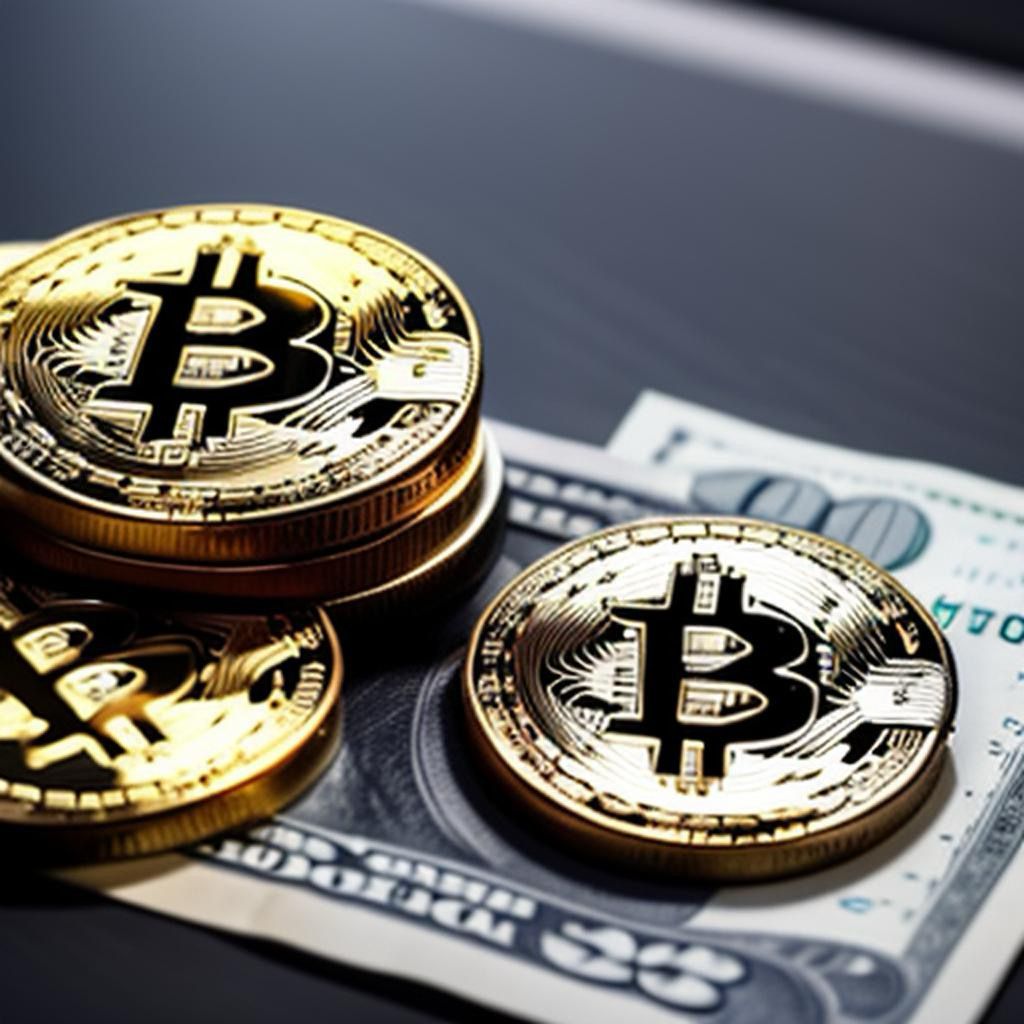The global financial landscape is undergoing a seismic shift. While the US dollar has reigned supreme as the world’s reserve currency for decades, whispers of a challenger are growing louder – Bitcoin, the decentralized digital currency. Could this volatile, young asset truly dethrone the established king?
The Dollar’s Reign and its Potential Downfall:
The US dollar’s dominance stems from several factors, including the size and stability of the US economy, the deep liquidity of the dollar-denominated financial markets, and the military and political might of the United States. However, concerns are rising about the long-term sustainability of this dominance.
- Mounting US debt: The ever-increasing national debt of the United States raises concerns about inflation and the potential devaluation of the dollar.
- Shifting global power dynamics: The rise of economic powerhouses like China and the increasing interconnectedness of the global economy could lead to a multipolar system with multiple reserve currencies.
Bitcoin’s Rise and its Allure:
Bitcoin, on the other hand, boasts unique characteristics that could make it a potential contender for reserve currency status:
- Decentralization: Unlike traditional currencies controlled by central banks, Bitcoin operates on a decentralized network, immune to manipulation by any single entity.
- Transparency: All Bitcoin transactions are publicly recorded on a blockchain, fostering trust and immutability.
- Scarcity: With a capped supply of 21 million coins, Bitcoin is inherently deflationary, potentially offering a hedge against inflation.
Pros and Cons of Bitcoin as a Reserve Currency:
Pros:
- Reduced reliance on single nations: A decentralized reserve currency could mitigate the risks associated with dependence on any one country’s economy and politics.
- Increased transparency and security: The blockchain technology underlying Bitcoin offers transparency and immutability, potentially reducing the risk of financial corruption and fraud.
- Global accessibility: Anyone with an internet connection can access and use Bitcoin, promoting financial inclusion for individuals in underbanked or politically unstable regions.
Cons:
- Volatility: Bitcoin’s price is highly volatile, making it a risky asset for large-scale financial transactions.
- Scalability concerns: The Bitcoin network currently faces limitations in processing large volumes of transactions, which could hinder its ability to serve as a global reserve currency.
- Regulation and adoption: Widespread adoption and acceptance by governments and financial institutions are essential for Bitcoin to become a mainstream reserve currency.
The Road Ahead: A Complex Landscape
While Bitcoin’s potential as a reserve currency is intriguing, significant challenges remain. Overcoming volatility, addressing scalability concerns, and achieving widespread regulatory and institutional acceptance are crucial hurdles. Ultimately, the future of reserve currencies will likely be a complex landscape, potentially involving a multi-polar system with multiple reserve currencies, including both traditional and innovative digital assets like Bitcoin.
Only time will tell if Bitcoin can dethrone the dollar or if it will find its place alongside other currencies in the evolving global financial ecosystem. The journey will be fascinating to watch, with significant implications for the future of global finance and international trade.

